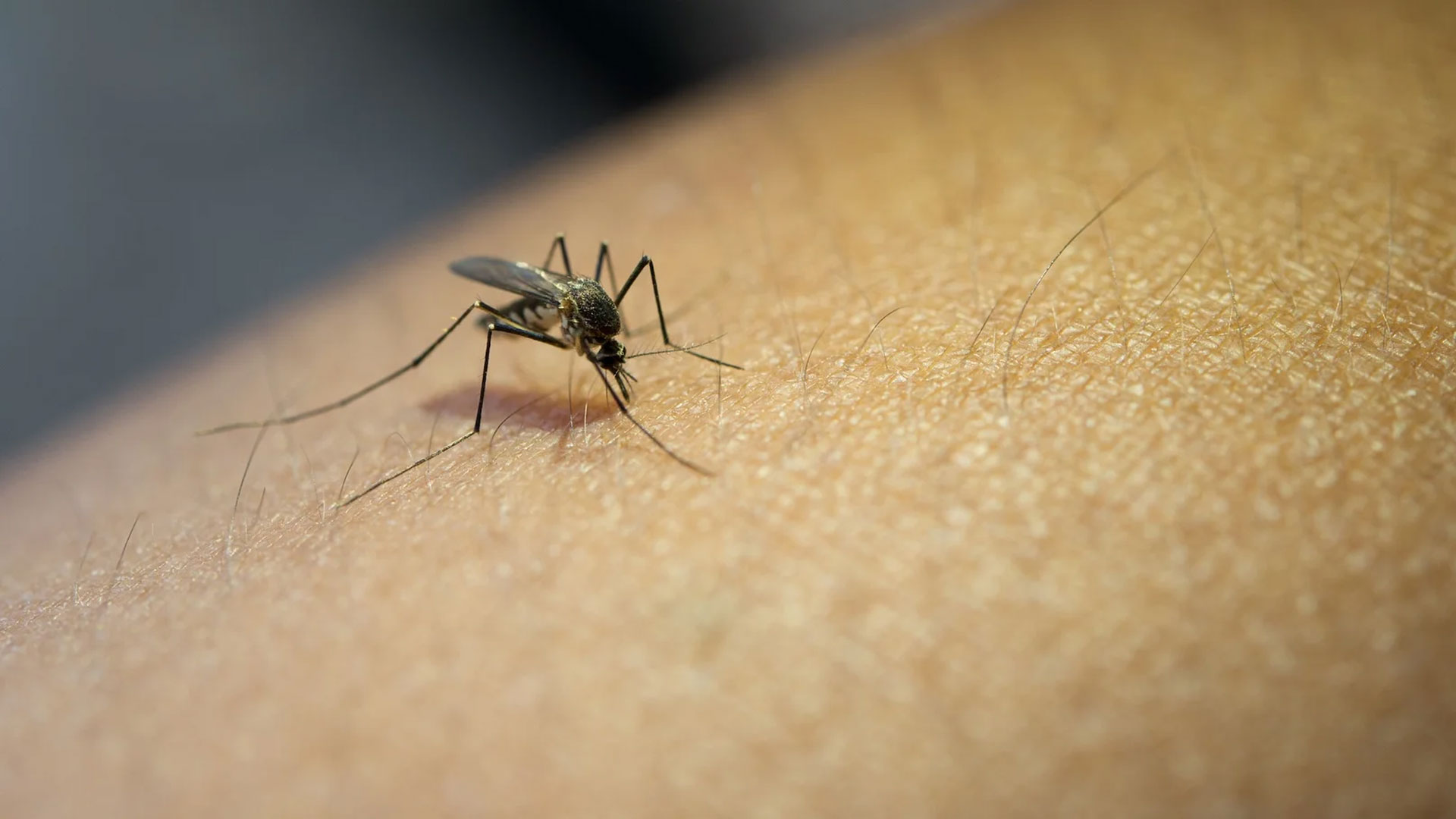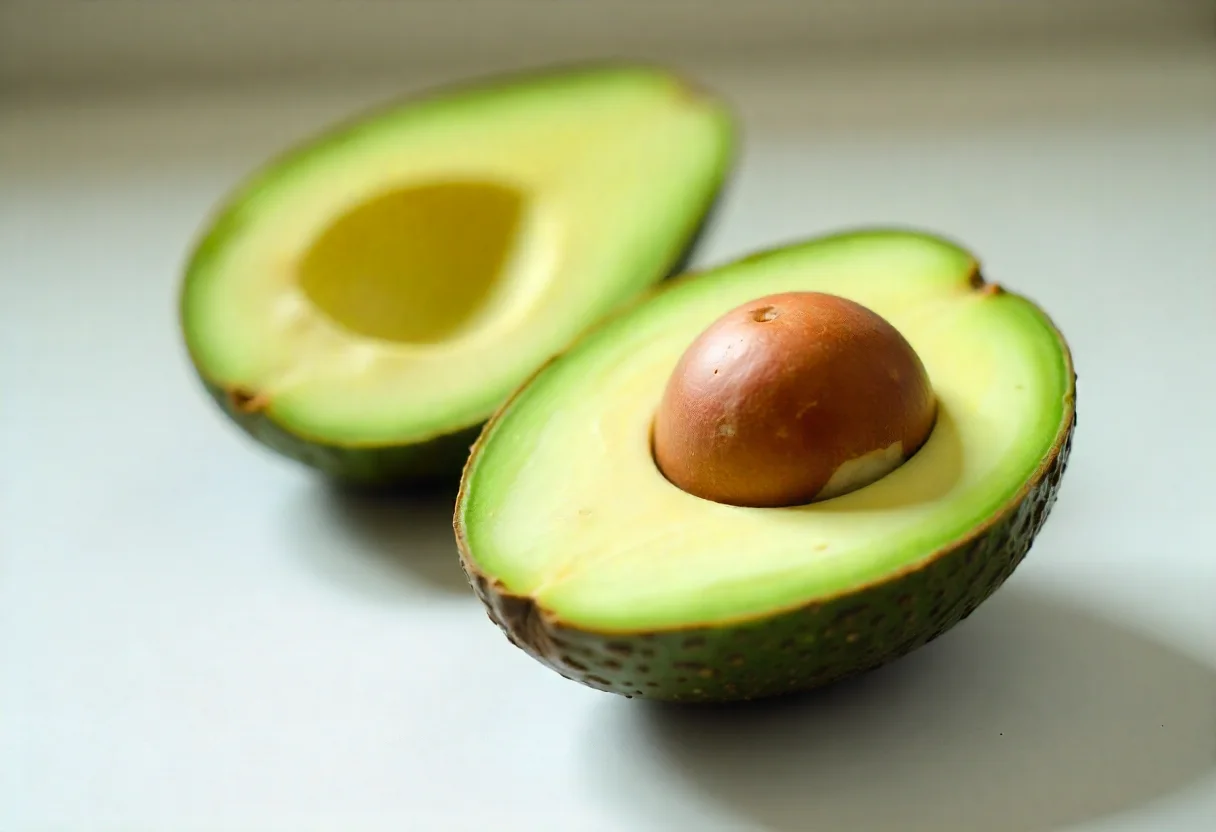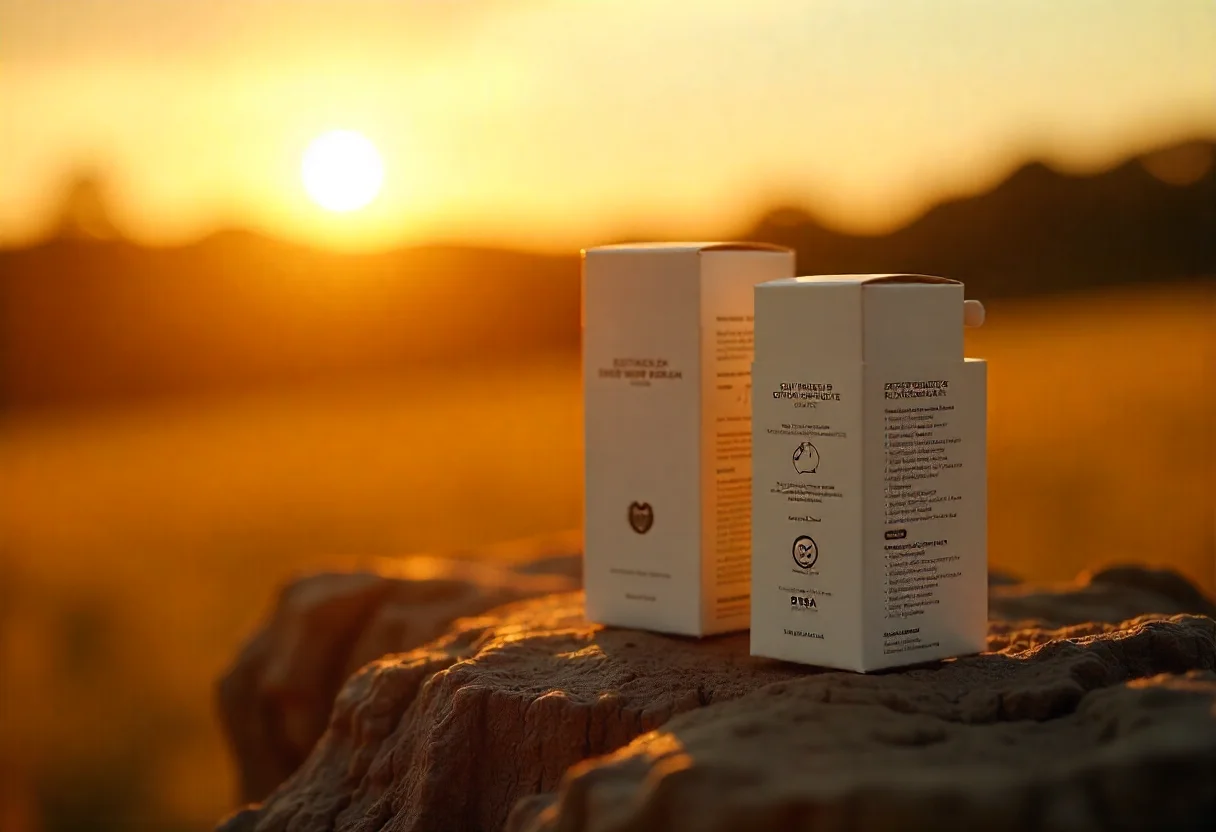For instance, if I were to ask you: ‘‘What agricultural product would you want to see produced 10 times more in Turkey?’’ I am not sure what you would say, but I would directly point to a single agricultural product—lettuce. Among the hundreds of different varieties of lettuce, I would strongly and confidently say lettuce in response to this question. And I would base this on a few reasons. Firstly, when you look at which countries produce the most lettuce in the world, you will see that it is mostly developed countries 🙂. So, lettuce farming must be an “indicator of development” 🙂. Joking aside, lettuce is a plant packed with potent ingredients that “heal humanity.”
The Latin name is lactuca sativa. In fact, lettuce frequently appears in scientific publications. That is why I am writing this piece. Because they made an extract from lettuce into a syrup, and then they gave this syrup, in a controlled way, to breastfeeding mothers. And what did they observe, you ask? They observed a significant increase in the mothers’ milk production. Breast milk contains the most powerful and valuable bioactive compounds found in nature. For instance, breast milk contributes immensely to a child’s brain development, forms the foundation of the immune system, and protects the child against future threats. In other words, it is a key component of a country’s future prosperity.
Secondly, lettuce is a very effective pain reliever 🙂. The compounds in lettuce strongly bind to the opioid receptors in our bodies and help alleviate pain. For example, this has been studied very well in clinical settings. The lettuce-derived syrup is highly effective in relieving post-operative pain. It significantly reduced the amount of anesthetics needed. This study was specifically for oral surgeries in a clinical trial setting. But you can imagine this effect for all painful operations or even for your own personal (rheumatic) pains. Molecular data also shows that lettuce has this type of activity—its pain-relieving property (if you want to look it up, the compound’s name is Lactucin 🙂).
After all this exciting information, you might wonder: “Dr, how much lettuce should we consume for these effects?” Some of you might think, "Who needs the syrup? I can just eat the lettuce." But science tells us something different.
As a country, we should be strong lettuce producers. Beyond just growing lettuce, we should aim to extract the “bioactive compounds” from lettuce, purify those compounds, and use them to produce syrups, gummies, consumable liquid gels, and buccal strips. We should advance with a vision to build facilities for these processes.
Just imagine: "Turkey, not only being one of the leading lettuce producers in the world, but also being the only country to develop high value-added products from lettuce through biotechnological applications and exporting them to protect public health." Doesn’t that sound great?
To scientific days ahead.
















